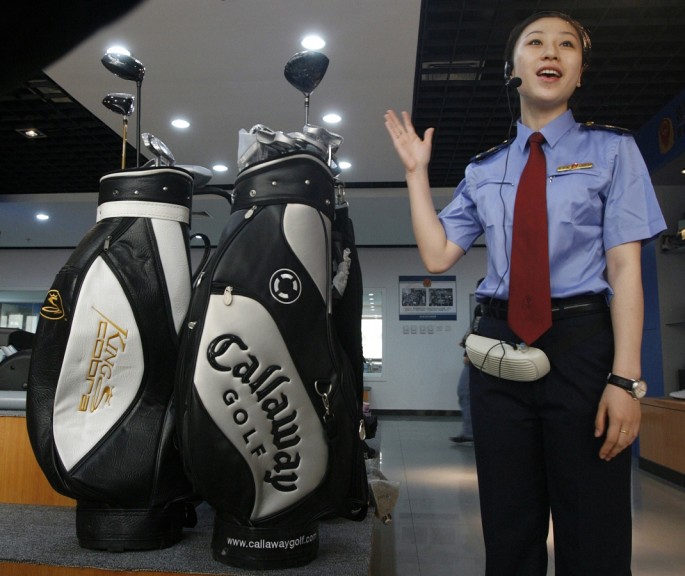The head of China’s commercial regulatory body pushed Monday for a system to record and regulate e-commerce firms that break rules on counterfeit goods, in response to a question regarding the sale of counterfeits on Alibaba websites.
The cost of breaking existing rules about selling counterfeit goods online is too low, said Zhang Mao, chief minister of the State Administration for Industry and Commerce (SAIC), in a press conference during China's annual parliamentary session in Beijing.
The market will improve and fake goods will disappear if punishments are made more severe, Zhang said, adding that e-commerce is growing faster than regulations and laws can keep up and that there should be more cooperation between the government and the business sector.
Alibaba and the SAIC were engaged in a controversial dispute in late January over a "white paper" published by the regulator stating that many products sold on Alibaba's websites infringed on trademarks or were banned, substandard, or fake.
The report was later retracted with a SAIC spokesman saying that it had no legal force, according to a report from Reuters.
Zhang also said during the news conference that the government plans to further ease regulations over businesses, simplify registration procedures, and give companies more decision-making power in order to inject vitality into the market.
"Chinese authorities will continue to streamline administration, delegate more powers to lower levels so as to give the market and society more play in economic development, and ease regulations for businesses," Zhang added.
"China will also press ahead with the reform of integrating the business license, the certificate of organization code and the certificate of taxation registration into one certificate to ease the registration procedure for companies."



























